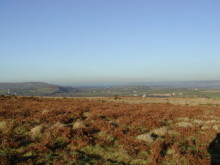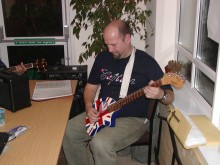 In the early 2000s, I saw how different addiction treatment services operated in Wales. Here, I outline the approach adopted by the government-led addiction treatment system, which was heavily influenced by the 1998 UK Drug Strategy, and describe some of its shortcomings. I discuss what I saw at West Glamorgan Council on Alcohol and Drug Abuse (WGCADA) in Swansea in relation to ideas related to self-healing and the therapeutic process. (2,962 words)
In the early 2000s, I saw how different addiction treatment services operated in Wales. Here, I outline the approach adopted by the government-led addiction treatment system, which was heavily influenced by the 1998 UK Drug Strategy, and describe some of its shortcomings. I discuss what I saw at West Glamorgan Council on Alcohol and Drug Abuse (WGCADA) in Swansea in relation to ideas related to self-healing and the therapeutic process. (2,962 words)
In the last six parts of My Journey I have described various community activities in which I was engaged, both at a local and national level, in the few years after I left the neuroscience field in the year 2000. In this chapter, I reflect on various aspects of these activities and on the environment in which I now worked.
1. Early Reflections on Addiction Treatment
‘Step by step that change is happening and Britain is becoming a better place to live in. But it could be so much better if we could break once and for all the vicious cycle of drugs and crime which wrecks lives and threatens communities.’ Prime Minister Tony Blair, 1998
What was happening in the addiction treatment field was heavily influenced by the UK government’s 1998 drugs strategy, Tackling Drugs to Build a Better Britain, which classed the drug problem as a criminal justice issue, rather than a health/social issue. The UK Government’s priority for drug treatment was to provide methadone, a long-lasting heroin substitute, to people who were addicted to heroin, believing that this would reduce the crime that they perceived was caused by heroin addicts.








